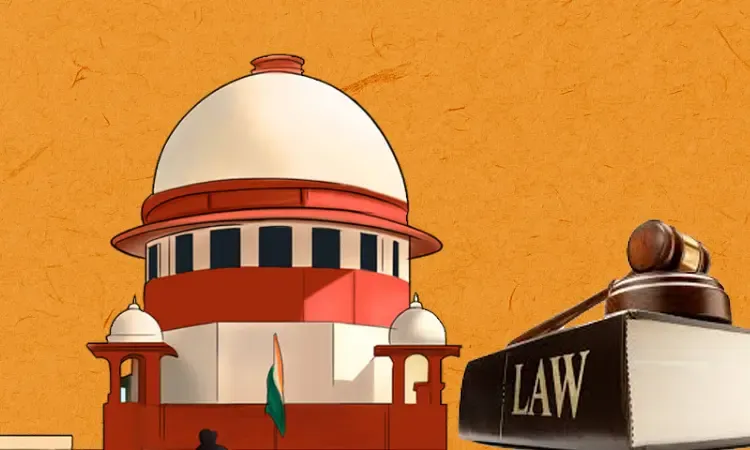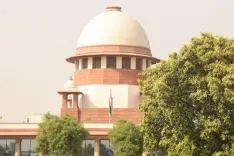Did the SC Just Overturn Key Aspects of the Tribunal Reforms Act, 2021?

Synopsis
Key Takeaways
- Supreme Court invalidated provisions of the Tribunal Reforms Act, 2021.
- Criticism of legislative actions that disregard judicial guidance.
- Importance of tribunal independence emphasized in the ruling.
- Need for a National Tribunals Commission highlighted.
- Ongoing legislative attempts burden courts and litigants.
New Delhi, Nov 19 (NationPress) The Supreme Court on Wednesday invalidated crucial sections of the Tribunal Reforms Act, 2021, asserting that Parliament had merely “repackaged” provisions previously deemed unconstitutional by the apex court without rectifying their flaws. A bench led by Chief Justice of India (CJI) B.R. Gavai stated that the Act was “nearly identical” to what was annulled in the Madras Bar Association case, emphasizing that the Union government had consistently “chosen not to accept” established legal precedents despite over three decades of consistent jurisprudence.
The CJI remarked, “We must express our discontent regarding the Union of India’s repeated refusal to comply with this Court's directives on issues that have been conclusively resolved through numerous judgments.”
“It is regrettable that rather than implementing the well-established principles laid out by this Court concerning the independence and operation of tribunals, the legislature has opted to reintroduce provisions that reignite the same constitutional debates under different laws and regulations,” the apex court noted.
Referencing Dr. B.R. Ambedkar, the Supreme Court stated that “repeated reenactment” indicates that the “form of the administration” is becoming “inconsistent” with the Constitution's spirit.
“These are provisions that have already undergone judicial scrutiny and have been annulled. Simply shifting the same content does not resolve the constitutional issues. It merely presents them in another guise. The Impugned Act, therefore, does not ‘cure’ the law previously declared, but rather deliberately defies it,” the ruling asserted.
It further explained that ongoing legislative attempts to reintroduce provisions previously struck down not only contravene foundational constitutional principles but also overload the courts and litigants.
“In a judicial system already facing significant backlog... the persistent emergence of such matters consumes critical judicial time that could be better spent addressing urgent public and constitutional issues,” the Supreme Court commented.
The CJI Gavai-led bench allowed the Centre four months to establish a National Tribunals Commission, calling it an “essential structural safeguard” to ensure independence from executive influence, transparency in appointments, and uniformity in administration.
It reiterated that unless a new, constitutionally-compliant law is enacted, the principles from the Madras Bar Association cases (2021 and 2022) will remain the “controlling framework” regulating appointments, qualifications, tenure, and service conditions for all tribunals in India.









